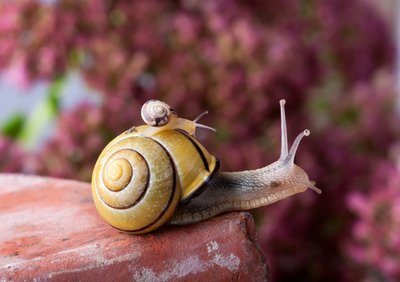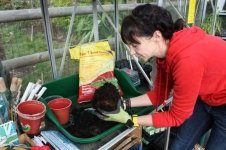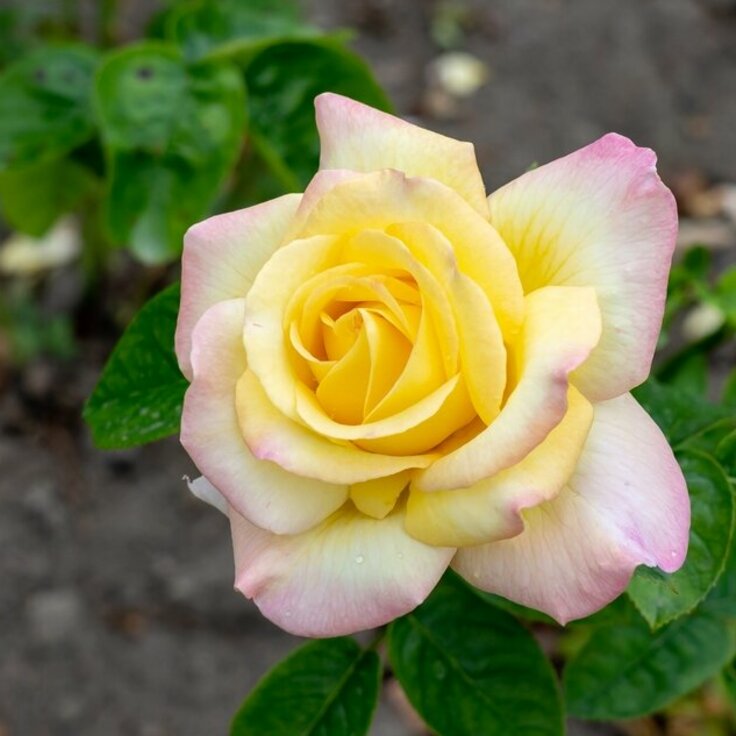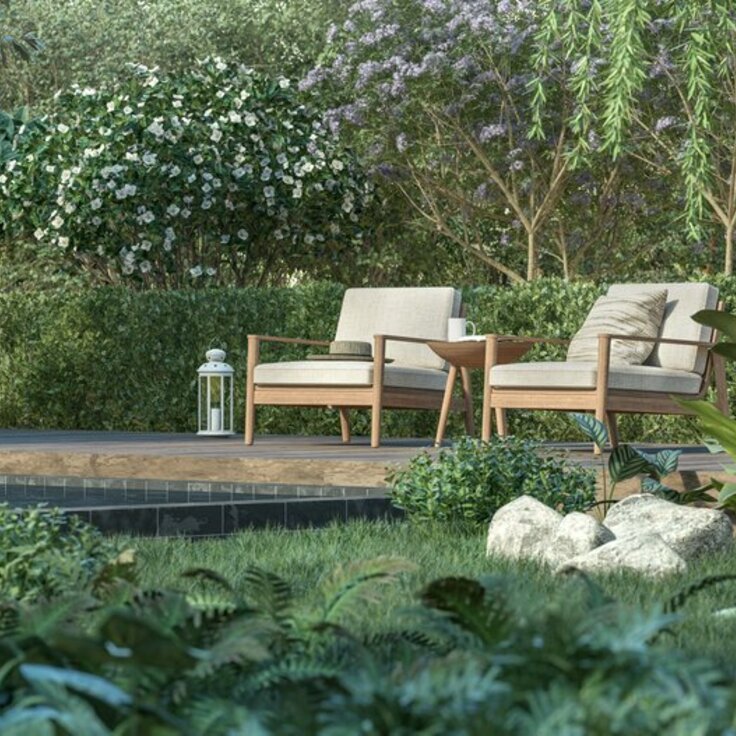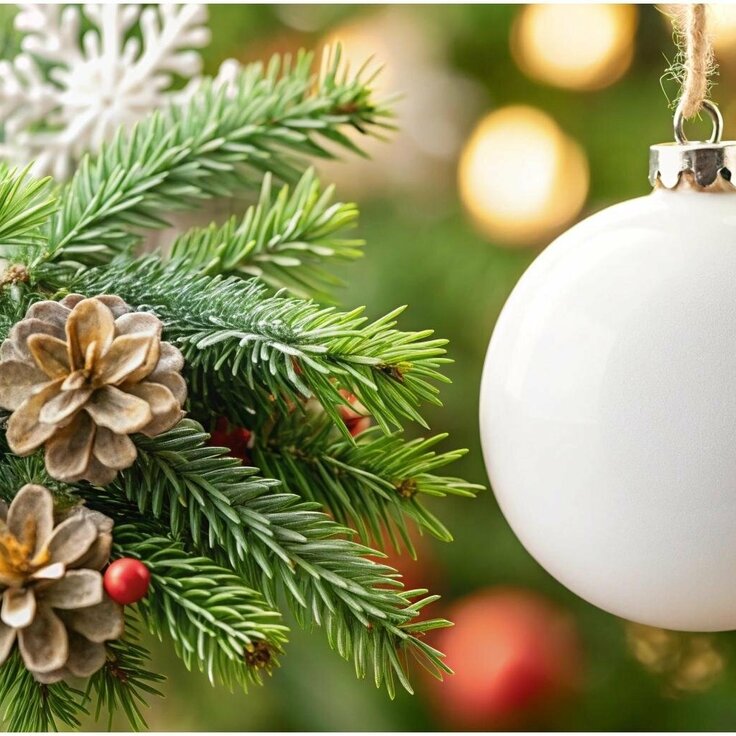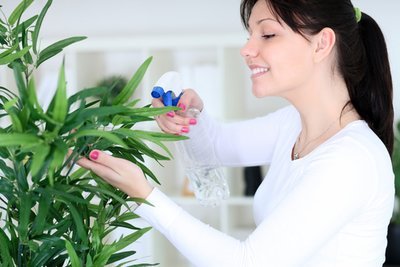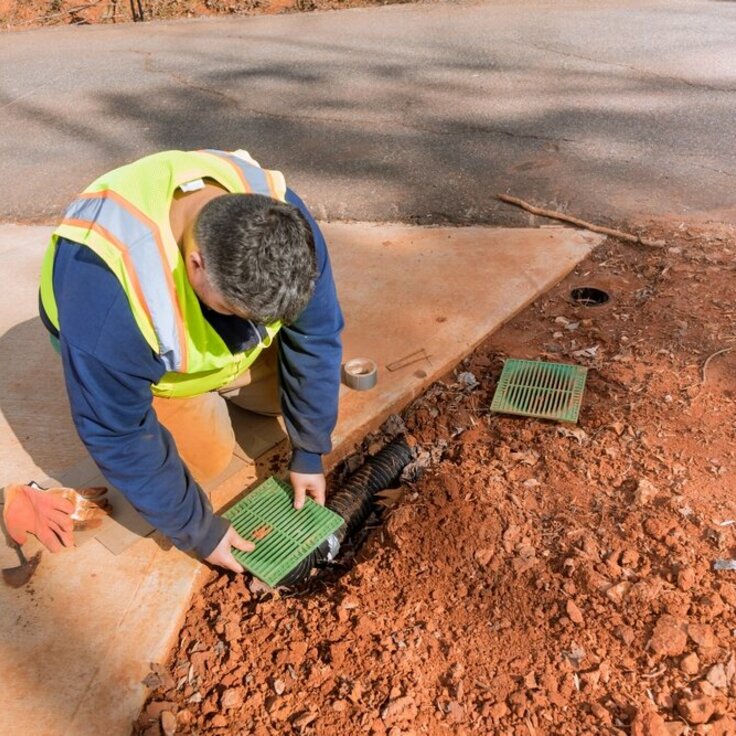Transplanting seedlings
Transplanting seedlings is a great way to get an early start on your vegetable planting. A well-established plant will grow healthier and stronger if it can be brought on indoors first to protect it from diseases and the elements. If you are fortunate enough to own a heated greenhouse or have enough light and space in your home, then you can start sowing some early seeds during January, but the majority can be started around February and March. Some other plants, that need a long growing period, will benefit from being grown from seed indoors. Beautiful, colourful bedding plants can also be started earlier to fill your garden during the spring.
Selecting the healthiest seedlings for transplanting
When the time comes to transplant your seedlings, you need to know how to choose the plants that will have a greater likelihood of surviving this traumatic upheaval. Before thinking about transplanting seedlings into the ground, it is essential to harden them off first. This involves leaving them outside, at first on warm days and extending the length of time that they are left outdoors for long stretches of time each day. Once the plants have become accustomed to the outdoor climate you can choose the transplants with healthy looking, thick stems and nice, dark green foliage.
How to transplant seedlings for the best results
Make sure that the seedling's roots are nice and moist before they are transplanted. Try not to disturb the fine, hair-like roots as these are delicate and essential for feeding the plants and ensuring their growth. The majority of seedlings can be transplanted to the depth of their roots, but tomato and pepper plants will benefit and grow stronger when they are planted up until the first set of leaves. They will develop more roots on the covered stem once they become established.
Watering transplanted seedlings need care and attention
Once the seedlings have been transplanted into the garden they will need to be regularly watered for the first couple of days. They will benefit from being fed with a phosphorus-rich, starter fertiliser that will aid the growth of new strong roots. Caution must be taken with newly transplanted seedlings as there is a danger that overfeeding can burn their roots and cause them damage. Dehydrated cow's manure or a good compost may be added when they are transplanted to supply all the minerals that they need to get a good start.
Taking care of newly transplanted seedlings
Once the seedlings have been transplanted it is a good idea to mulch around them to keep weeds from taking the energy from the soil. If you are afraid of animals getting to your transplants then you can protect them with metal or paper cylinders, or metal cages, in the case of rabbits. At your local garden centre, you will find a wide range of seeds, potting compost, fertilisers and seed trays to get your vegetables and annual bedding plants off to a super start. Garden centres can offer plenty of gardening advice if you are new to this great rewarding pastime.

